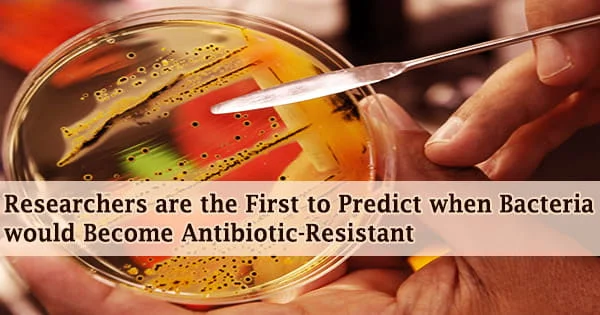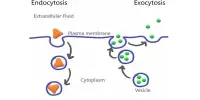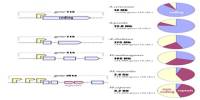In a new study led by UCL and Great Ormond Street Hospital researchers, scientists discovered signs of ‘pre-resistance’ in bacteria for the first time, indicating that certain bacteria are likely to grow resistant to antibiotics in the future.
The findings, which were published in Nature Communications, will help clinicians choose the best treatments for bacterial infections in the future.
The team, led by Great Ormond Street Hospital (GOSH) and the UCL Great Ormond Street Institute of Child Health, sequenced the full genomes of over 3,000 tuberculosis (TB) samples, tracing TB infections back through patients over nearly two decades in collaboration with the Peruvian Tuberculosis program and funded by Wellcome and the National Institutes of Health (USA).
Antibiotics are medicines that are used to treat bacterial illnesses in humans and animals. They work by either killing germs or making it difficult for them to grow and multiply. Only specific bacterial infections, such as strep throat, urinary tract infections, and E. coli, are treated with antibiotics.
The bacterial infection Mycobacterium tuberculosis (TB) mostly affects the lungs. After COVID-19, it was the second greatest infectious cause of mortality in 2020, killing 1.5 million individuals. It can be cured with the correct antibiotics, but treatment is time-consuming, and many of those who are most at risk do not have access to adequate healthcare.
When people do not complete their full course of therapy, or when medications are unavailable or of low quality, drug-resistant TB can develop.
We hope this discovery could provide a way of treating difficult conditions in the future by targeting specific pathogen genomes that are most likely to become drug-resistant in the future.
Arturo Torres Ortiz
Multidrug-resistant tuberculosis is a massive, unsustainable problem, and completely drug-resistant strains have been found in only a few countries. Progress in TB treatment has stagnated globally as health systems struggle to cope with the pandemic.
This new research has identified for the first time how to prevent medication resistance mutations before they emerge in order to create better knowledge of, and ultimately better therapies for, tuberculosis.
This idea is known as ‘pre-resistance,’ which occurs when a disease-causing organism, such as a virus or bacteria, has a higher intrinsic chance of acquiring treatment resistance in the future.
The study, which looked at thousands of bacterial genomes, might be applied to other infectious diseases and pave the way for customized pathogen ‘genomic treatment,’ in which drugs are chosen based on the DNA of the pathogen causing the sickness, preventing drug resistance.
Dr. Louis Grandjean, Consultant in Infectious Diseases at GOSH and Associate Professor at UCL Great Ormond Street Institute of Child Health, has led a research group in the suburbs of Lima, Peru, for the past 17 years.
To reconstruct tuberculosis bacterial ‘family tree,’ the multinational team examined tuberculosis samples from 3,135 distinct samples. The researchers then utilized computer analysis to find the ancestral genetic code of bacteria that developed antibiotic resistance later on.
By searching through the ‘branches’ of the family tree to see which were the most likely to develop drug resistance, the researchers were able to identify the crucial changes related with the development of resistance.
The researchers showed how changes in the TB genome indicated which branches of the disease would be medication resistant, and then confirmed their findings using a global TB data collection.
Dr. Grandjean, a senior author of the international study, said: “We’re running out of options in antibiotics and the options we have are often toxic we have to get smarter at using what we have to prevent drug resistance.”
“This is the first example of showing that we can get ahead of drug resistance. That will allow us in the future to use the pathogen genome to select the best treatments.”
Ph.D. student Arturo Torres Ortiz (UCL Great Ormond Street Institute of Child Health), the first author of the paper, said: “We hope this discovery could provide a way of treating difficult conditions in the future by targeting specific pathogen genomes that are most likely to become drug resistant in the future.”
















